
In fluid dynamics, a vortex is a region in a fluid in which the flow revolves around an axis line, which may be straight or curved. Vortices form in stirred fluids, and may be observed in smoke rings, whirlpools in the wake of a boat, and the winds surrounding a tropical cyclone, tornado or dust devil.

Sir Michael James Lighthill was a British applied mathematician, known for his pioneering work in the field of aeroacoustics and for writing the Lighthill report, which pessimistically stated that "In no part of the field have the discoveries made so far produced the major impact that was then promised", contributing to the gloomy climate of AI winter.
Professor Sir Brian John Hoskins is a British dynamical meteorologist and climatologist based at the Imperial College London and the University of Reading. He is a recipient of the 2024 Japan Prize along with Professor John Michael Wallace in the field of "Resources, Energy, the Environment, and Social Infrastructure" for "Establishment of a scientific foundation for understanding and predicting extreme weather events". He is a mathematician by training, his research has focused on understanding atmospheric motion from the scale of fronts to that of the Earth, using a range of theoretical and numerical models. He is perhaps best known for his work on the mathematical theory of extratropical cyclones and frontogenesis, particularly through the use of potential vorticity. He has also produced research across many areas of meteorology, including the Indian monsoon and global warming, recently contributing to the Stern review and the IPCC Fourth Assessment Report.
David George Crighton, FRS was a British mathematician and physicist.
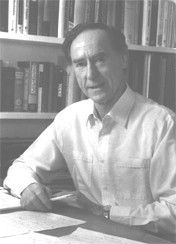
George Keith Batchelor FRS was an Australian applied mathematician and fluid dynamicist.
Samuel Francis (Frank) Boys was a British theoretical chemist.
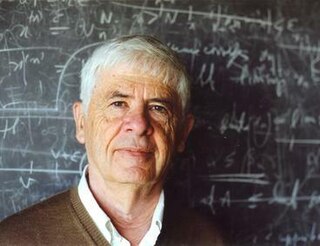
Alexandre Joel Chorin is an American mathematician known for his contributions to computational fluid mechanics, turbulence, and computational statistical mechanics.
William Reginald Dean (1896–1973) was a British applied mathematician and fluid dynamicist. His research interests included Stokes flow, solid mechanics, and flow in curved channels. The Dean number bears his name.
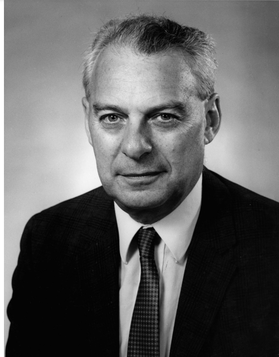
Philip Geoffrey Saffman FRS was a mathematician and the Theodore von Kármán Professor of Applied Mathematics and Aeronautics at the California Institute of Technology.
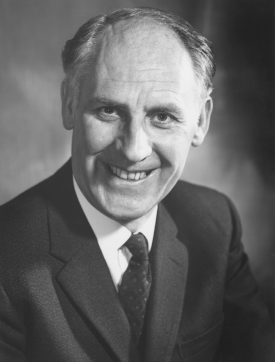
Raymond Hide was a British physicist, who was a professor of physics at the University of Oxford and, since 2000, senior research investigator at Imperial College, London.
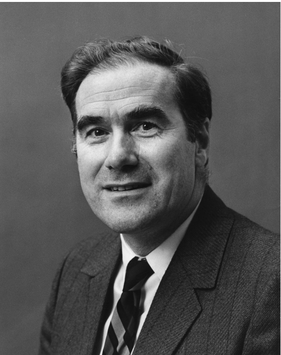
Gerald Beresford Whitham FRS was a British–born American applied mathematician and the Charles Lee Powell Professor of Applied Mathematics (Emeritus) of Applied & Computational Mathematics at the California Institute of Technology. He received his Ph.D. from the University of Manchester in 1953 under the direction of Sir James Lighthill. He is known for his work in fluid dynamics and waves.
Adrian Edmund Gill FRS was an Australian meteorologist and oceanographer best known for his textbook Atmosphere-Ocean Dynamics. Gill was born in Melbourne, Australia, and worked at Cambridge, serving as Senior Research Fellow from 1963 to 1984. His father was Edmund Gill, geologist, palaeontologist and curator at the National Museum of Victoria.
Charles Porter Ellington FRS was a British zoologist, emeritus Fellow Downing College, Cambridge, and professor emeritus at University of Cambridge.
Albert Edward Green was a British applied mathematician and research scientist in theoretical and applied mechanics.
Dwight Barkley is a professor of mathematics at the University of Warwick.
Owen Martin Phillips was a U.S. physical oceanographer and geophysicist who spent most of his career at the Johns Hopkins University.
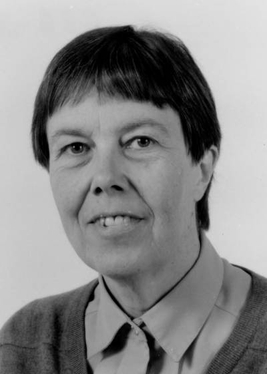
Susan North Brown was a professor of mathematics at University College London and a leading researcher in the field of fluid mechanics.
In physics and mathematics, the Clebsch representation of an arbitrary three-dimensional vector field is:
Leslie S. G. Kovasznay was a Hungarian-American engineer, known as one of the world's leading experts in turbulent flow research.
Richard Clyde DiPrima was a professor of applied mechanics at Rensselaer Polytechnic Institute, specializing in hydrodynamic stability and lubrication theory.








